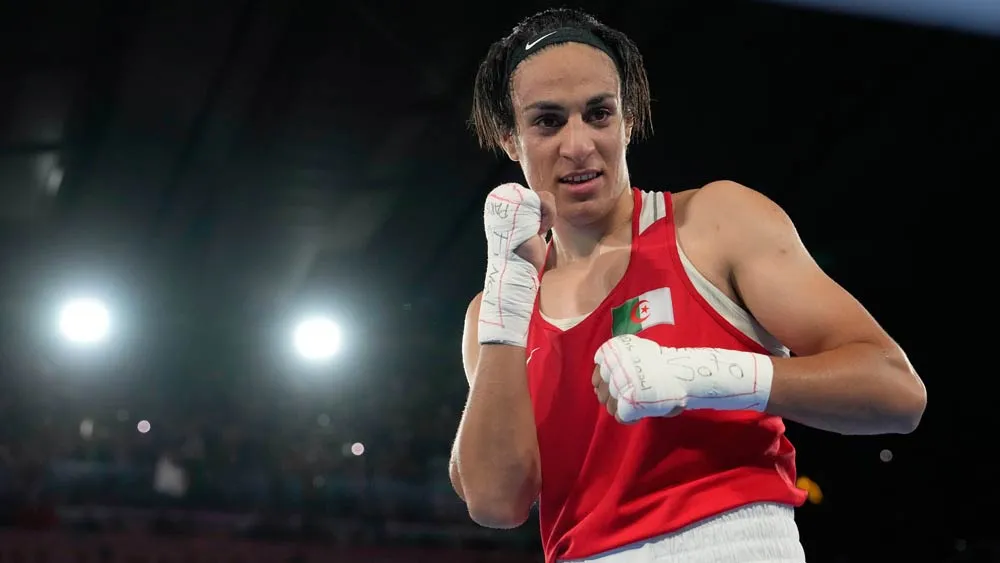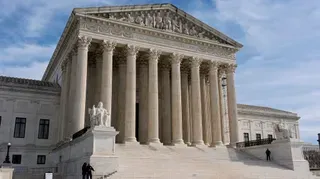January 22, 2017
Florida One of Many Battlegrounds for Reproductive Rights
Jillian Melero READ TIME: 2 MIN.
On Tuesday, Florida state Rep. Joe Gruters, a former co-chair for Trump's Florida campaign, filed a proposal that would ban all abortions after 20 weeks, Mother Jones reports.
The bill is titled the "Florida Pain-Capable Unborn Child Protection Act," arguing that it is a necessary protection because at 20 weeks' fetuses can feel pain, a claim which the report is quick to note, has been widely refuted by scientific research.
The 20-week abortion ban has passed in Ohio and Kentucky and is being proposed in Florida and Virginia.
If passed, the law would make performing an abortion after 20 weeks a third-degree felony, unless a "serious health risk" otherwise endangers the mother. Doctors would also be required to report all abortions to the state health department. And mothers and father of the unborn would be allowed to sue abortion providers for legal or punitive damages.
The proposal also establishes a legal defense fund, to be financed with taxpayer money and private donations to cover the costs for defending against any challenges to the bill.
The text of the bill is available at https://www.flsenate.gov/Session/Bill/2017/0203
Meanwhile, an abortion law approved last year by governor Rick Scott, is being challenged by the American Civil Liberties Union of Florida, the Naples Herald reports.
Jan. 27, U.S. District Judge Robert Hinkle will hear a request from the ACLU for an injunction against the law which requires anyone who counsels women on abortion to explain the procedure, and offer alternatives before making referrals or offering assistance in obtaining an abortion.
The ACLU of Florida cites that the law does not make distinctions among the types of counsel women might pursue when considering an abortion or abortion alternatives. These types of counsel include legal services, religious services, advocacy organizations, domestic violence shelters, centers for survivors of sexual assault, community organizers, among others.
"A woman considering an abortion may consult with any number of people in making her decision," said Nancy Abudu, ACLU Florida's legal director, in a statement.
"This ill-conceived law criminalizes the intimate conversations a woman has with her support network. The law not only forces people to provide information they may not be qualified to provide, it clearly intends to bully and intimidate women's trusted advisors with a vague and complicated bureaucratic process, under the threat of criminal charges."
These groups and individuals would then be required to register with the Florida Agency for Healthcare Administration (ACHA) as an "abortion referral or counseling agency" with all the obligations, restrictions, and penalties that such a designation entails.
"This law is classic viewpoint discrimination: it restricts speakers only when they assist a woman seeking abortion care; it imposes no restrictions when speakers, including the plaintiffs in this case, assist a woman in carrying to term," said Talcott Camp, deputy director of the ACLU Reproductive Freedom Project.
"By targeting people and organizations that provide compassionate counseling, advice and referrals, this law can only serve to isolate a woman seeking help. This isolation is particularly threatening for minors, who, under this law, cannot seek advice or help from their pastors or from service organization without triggering a parental notification requirement with no exceptions, even for minors who are victims of abuse."







